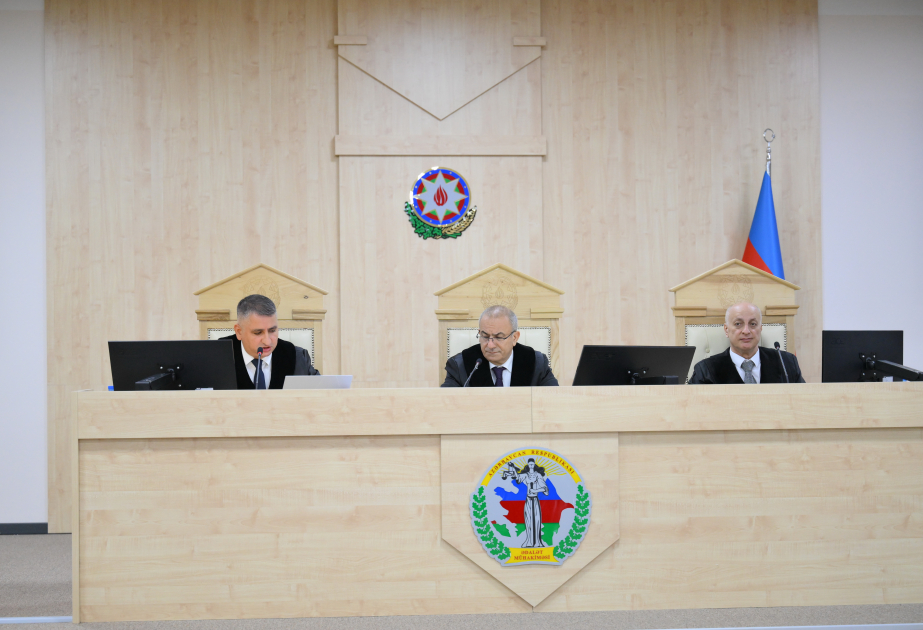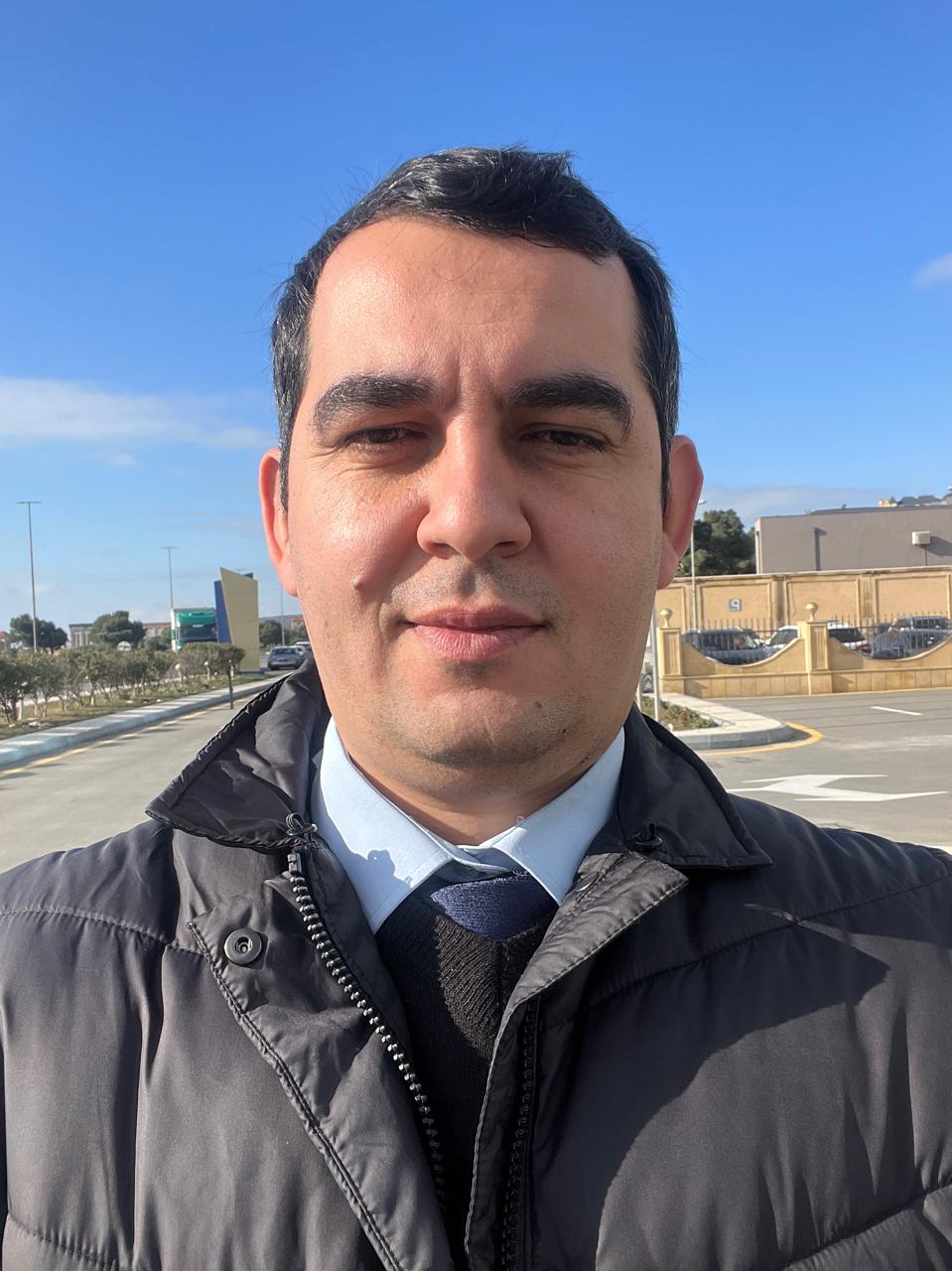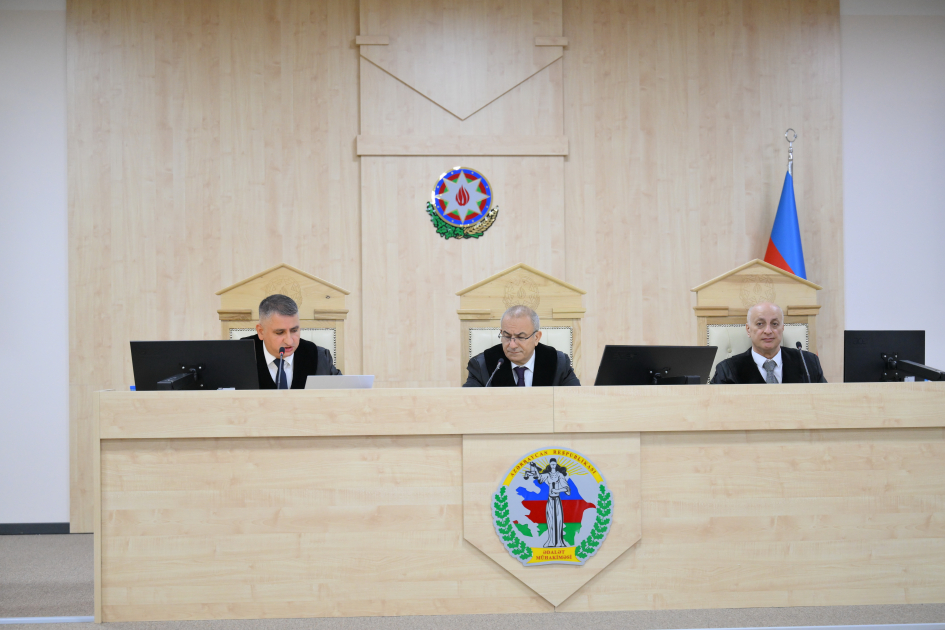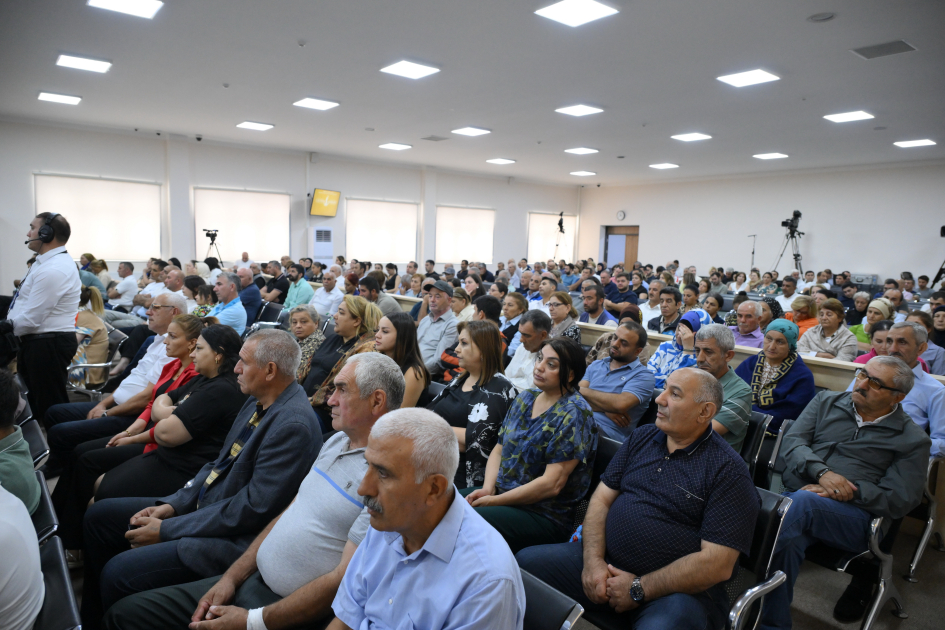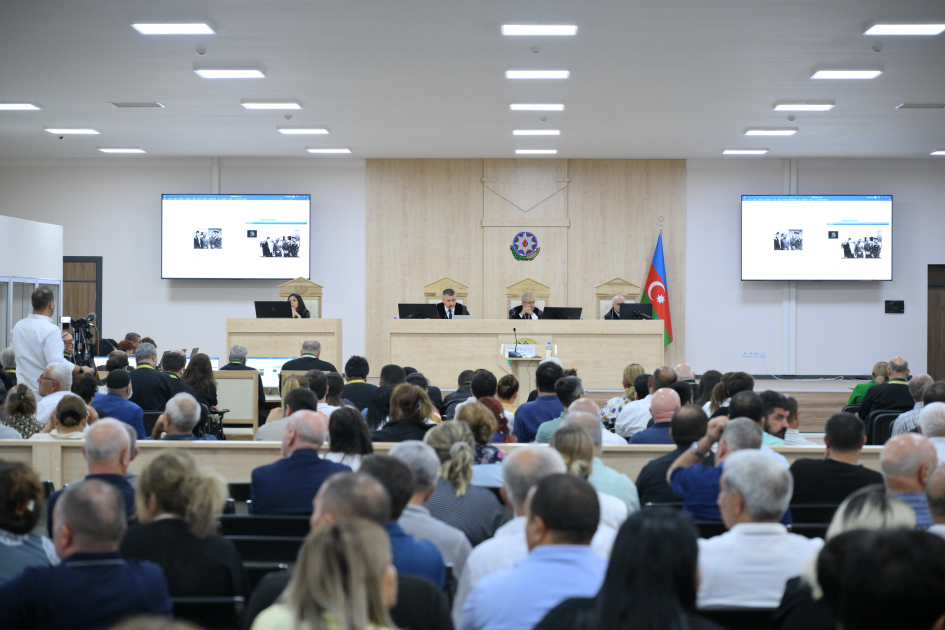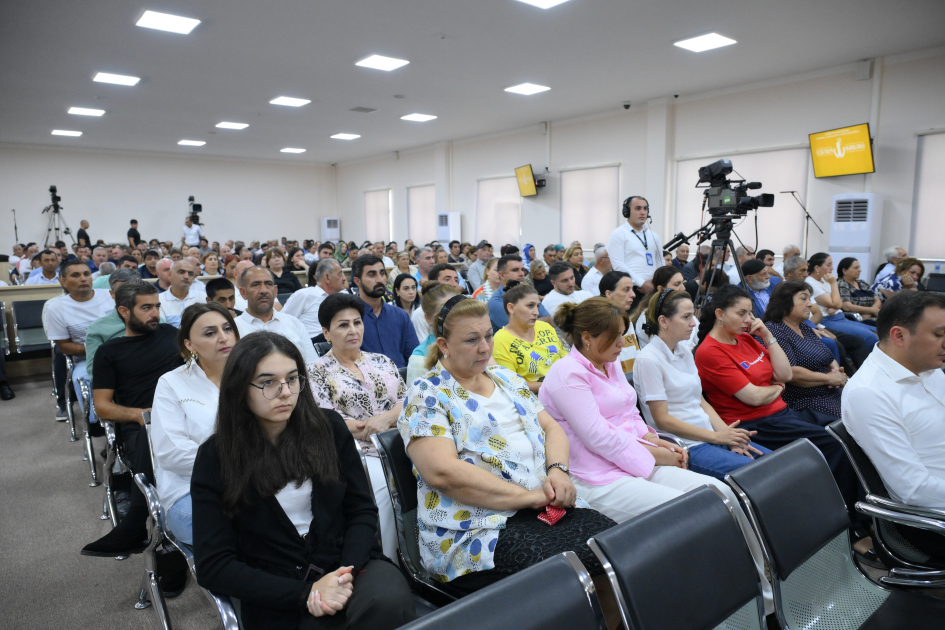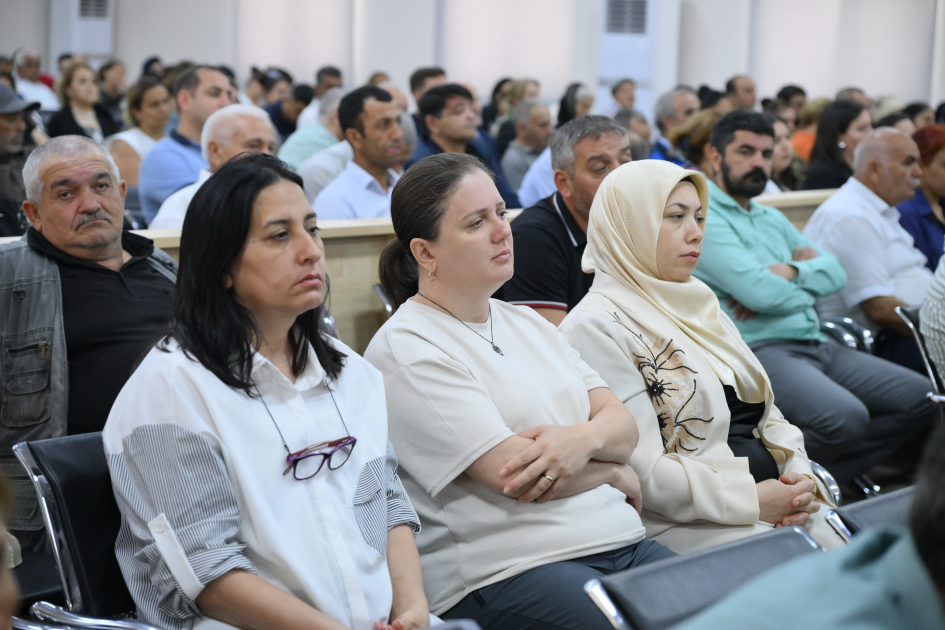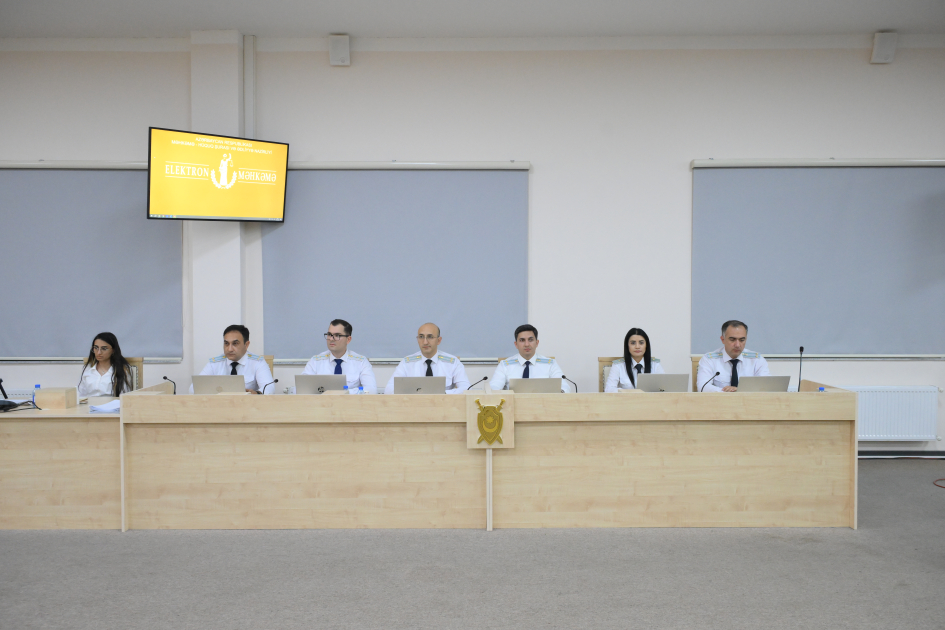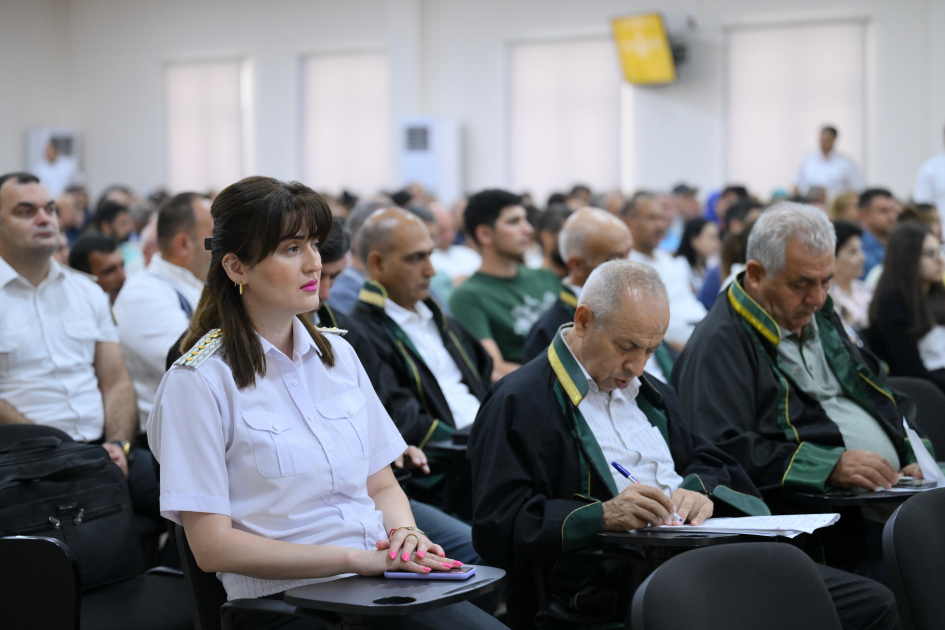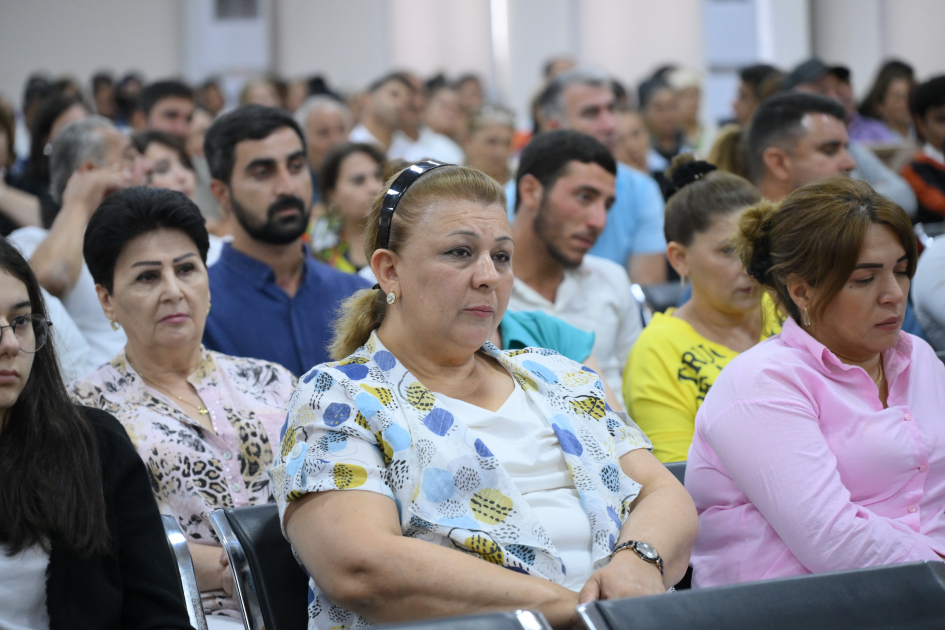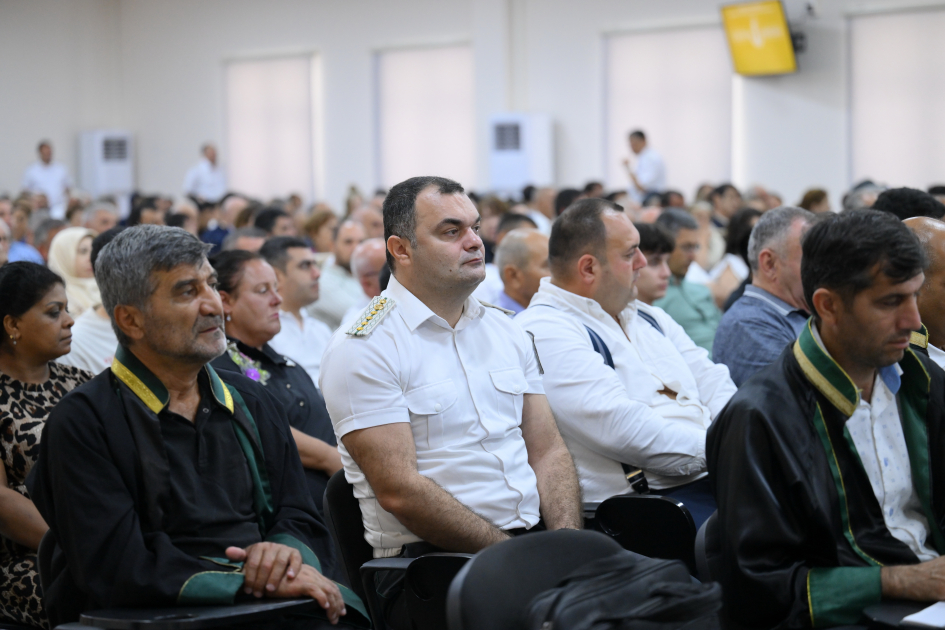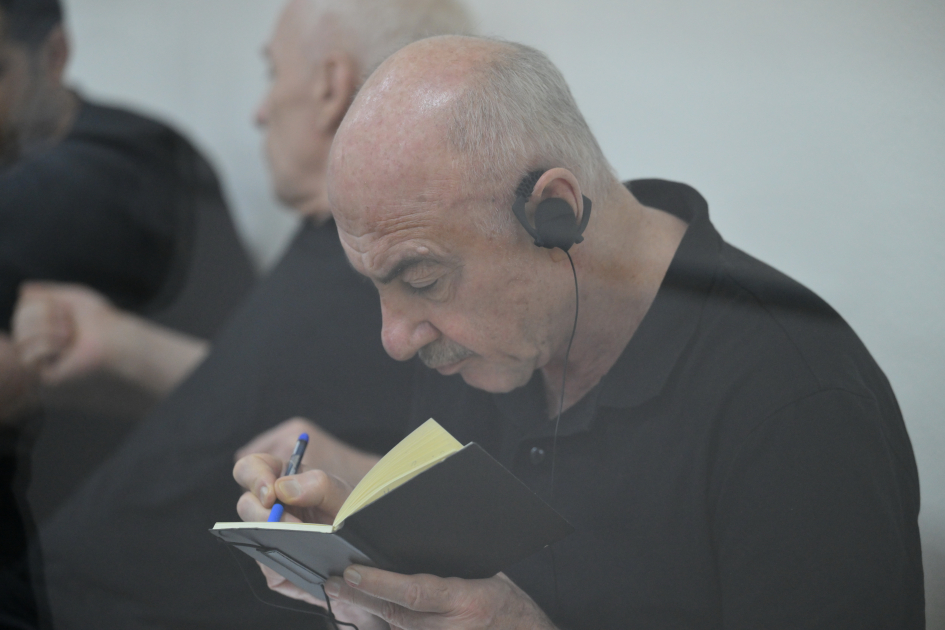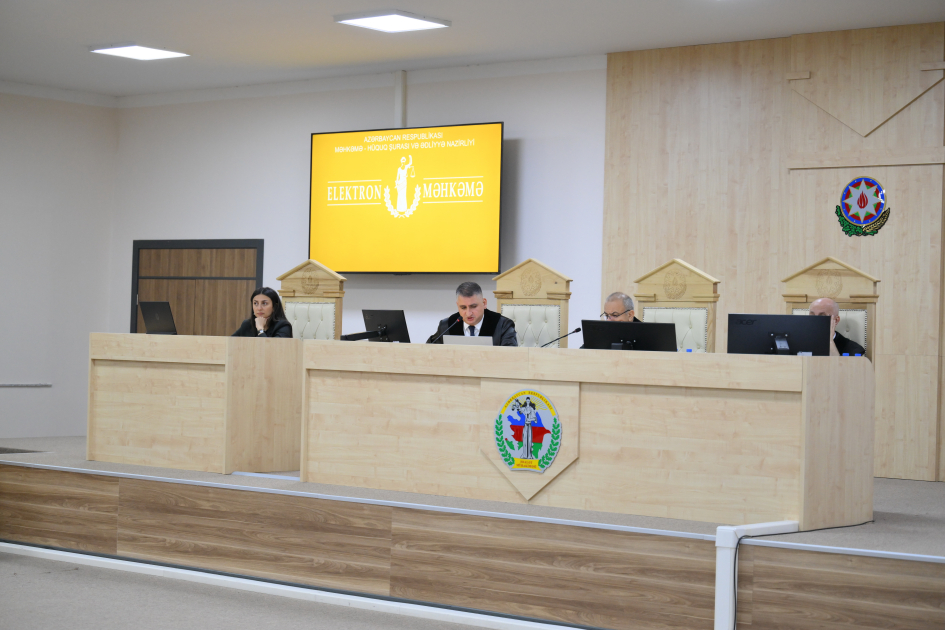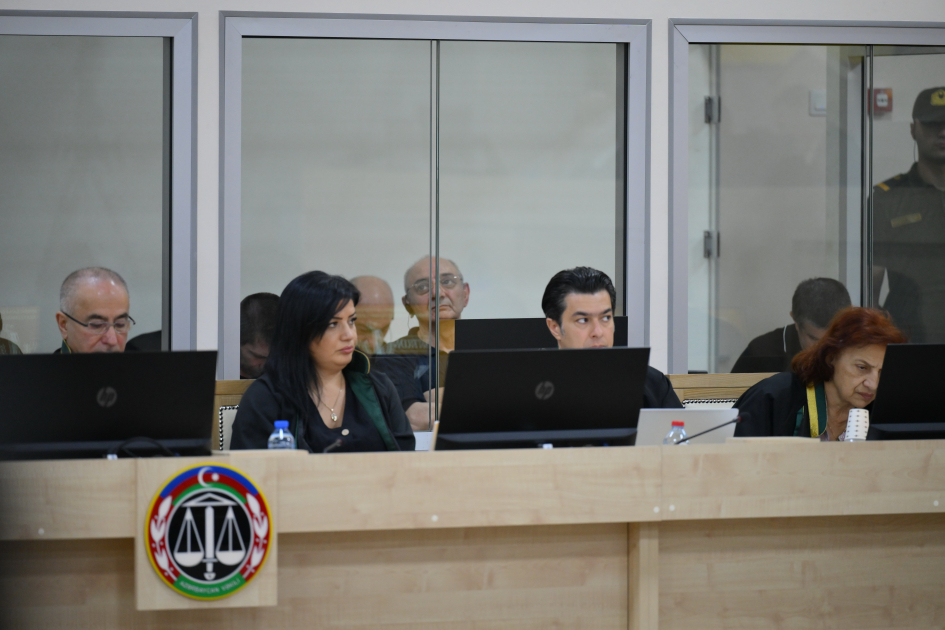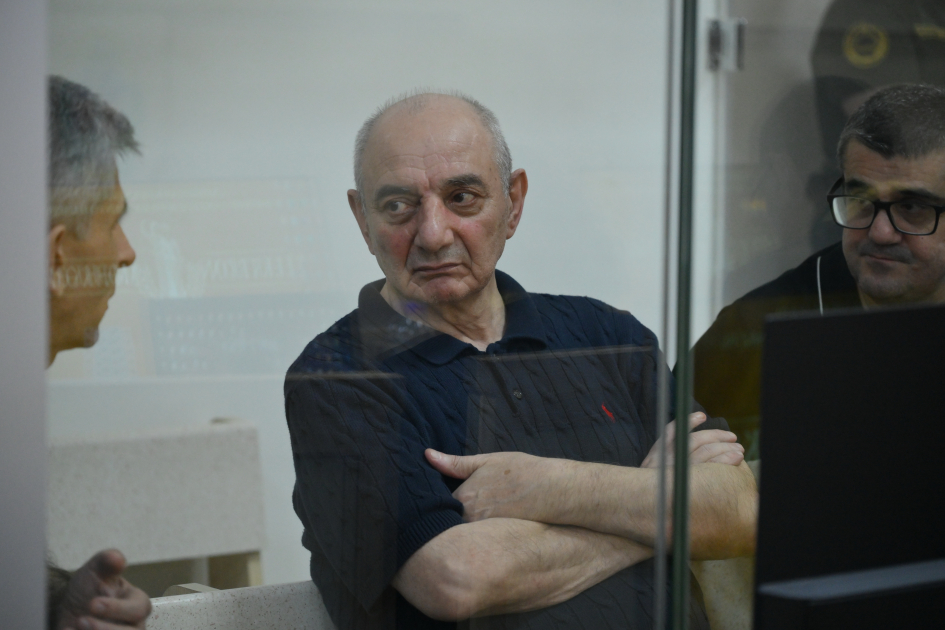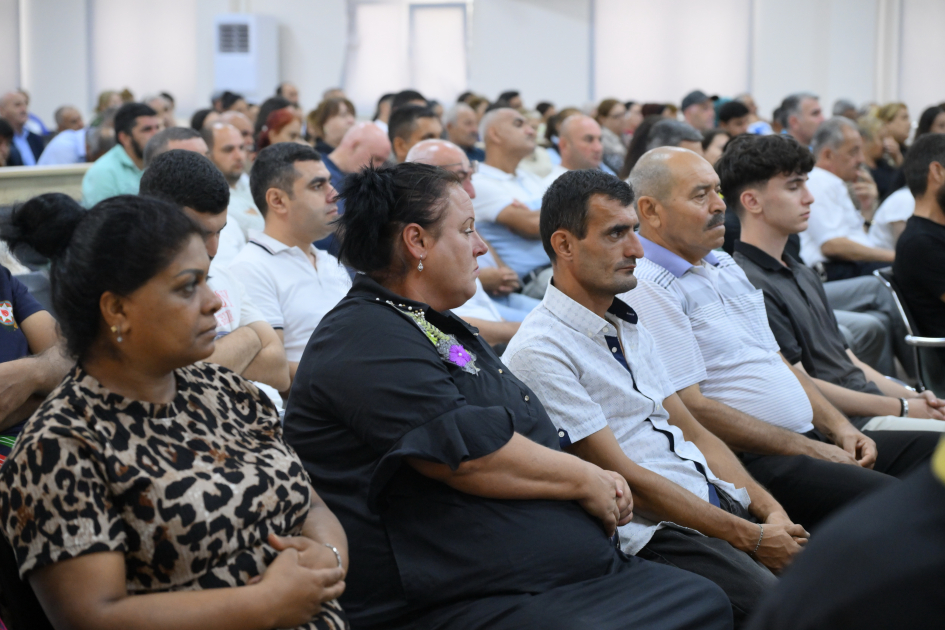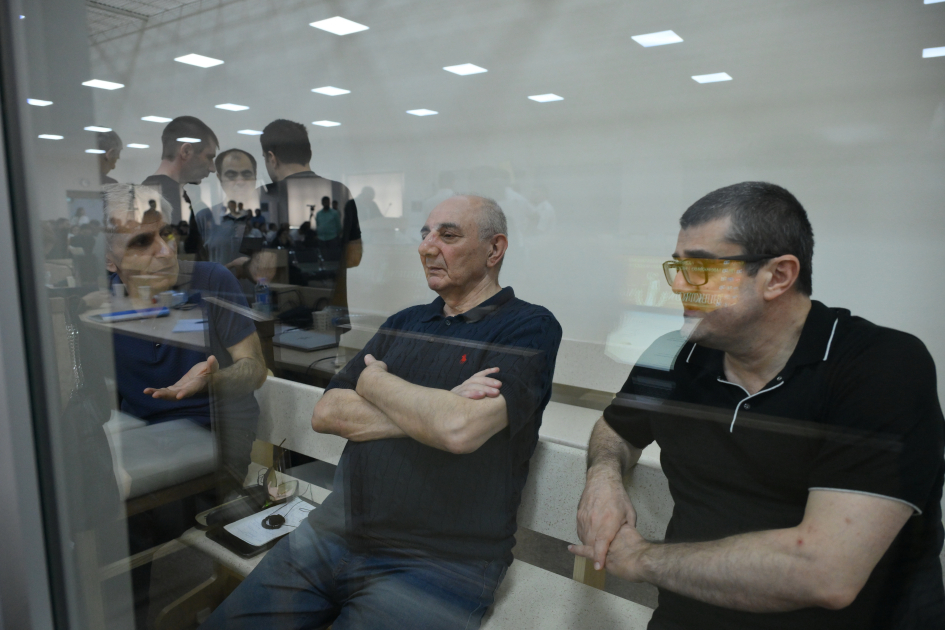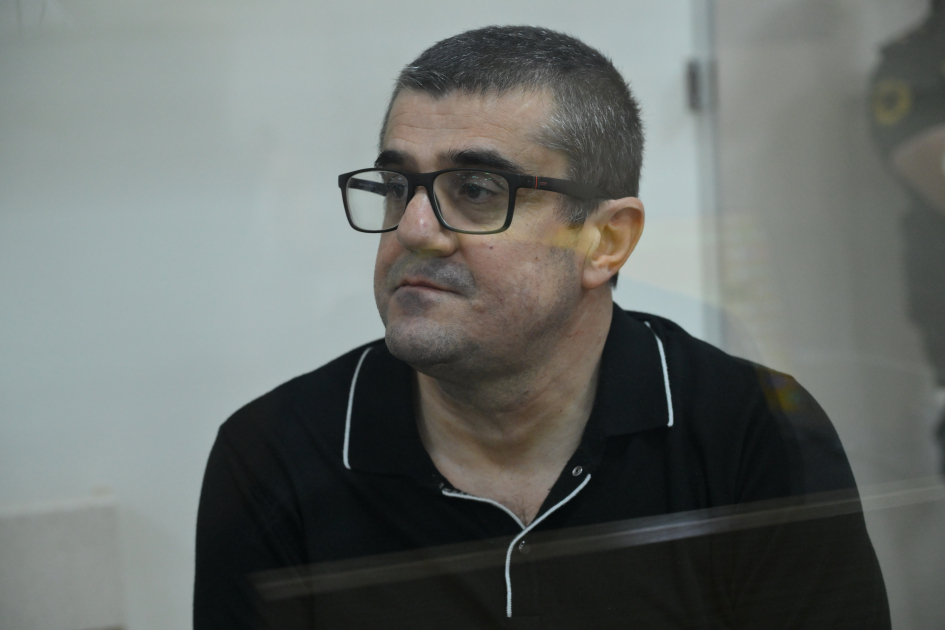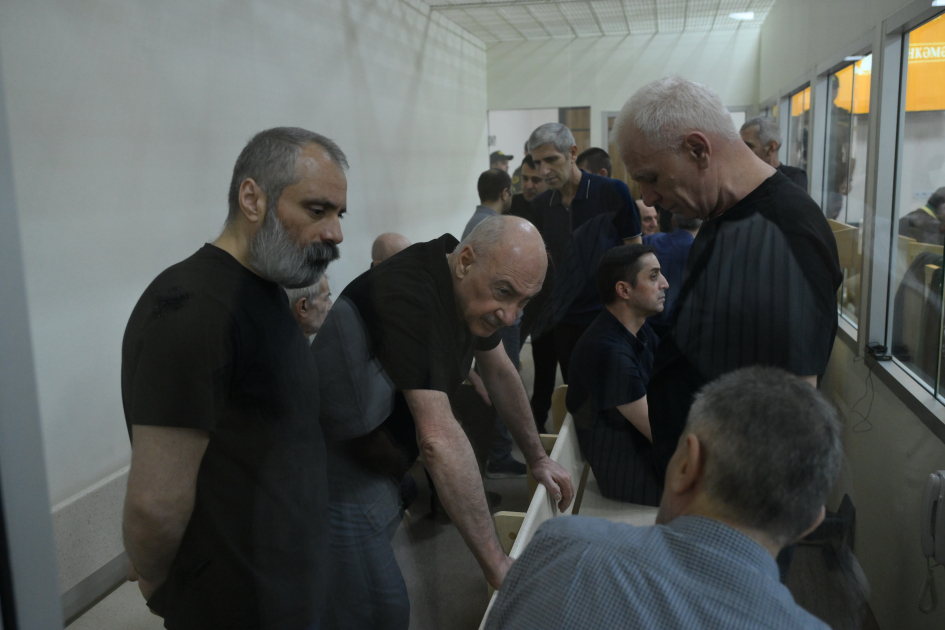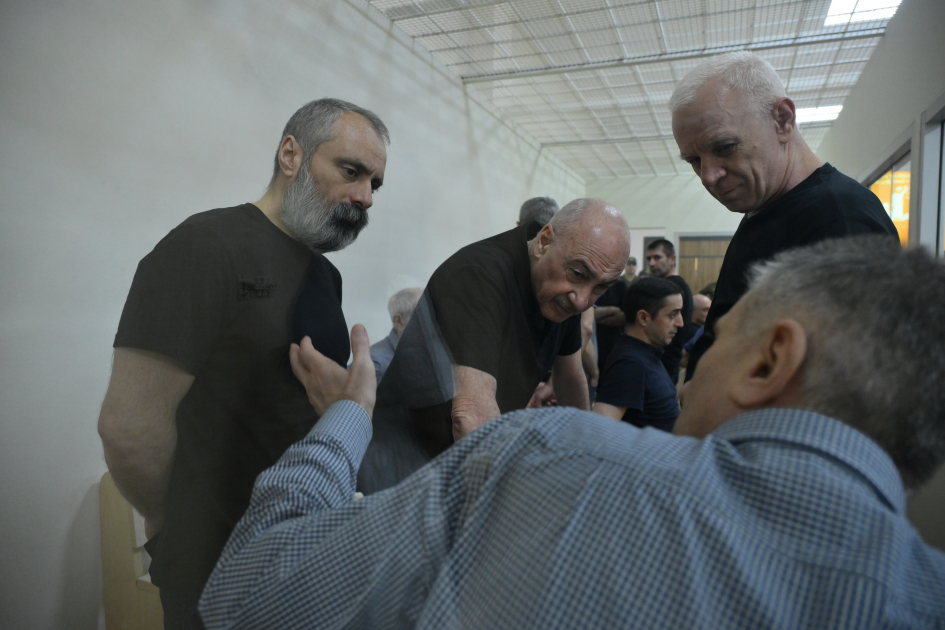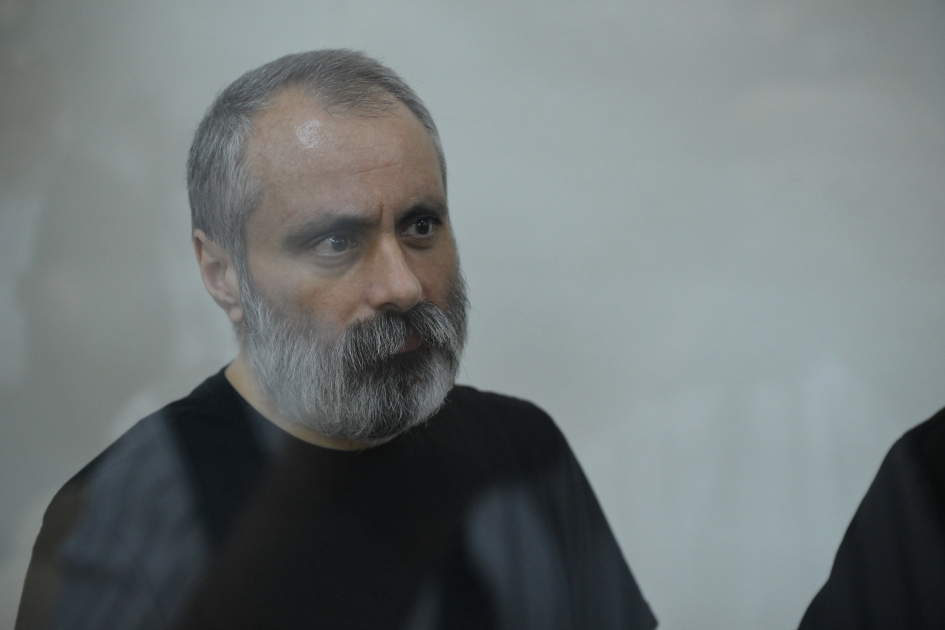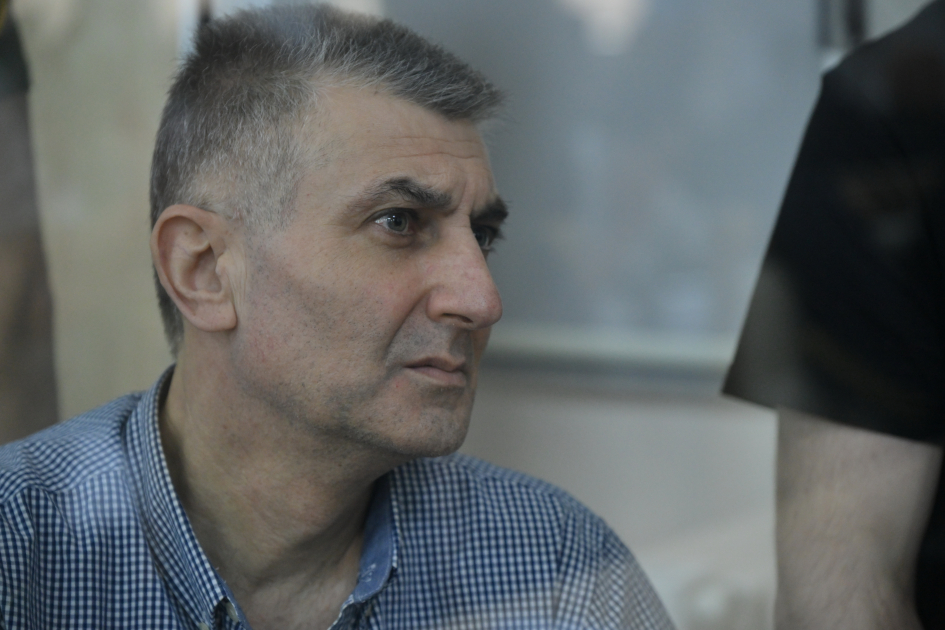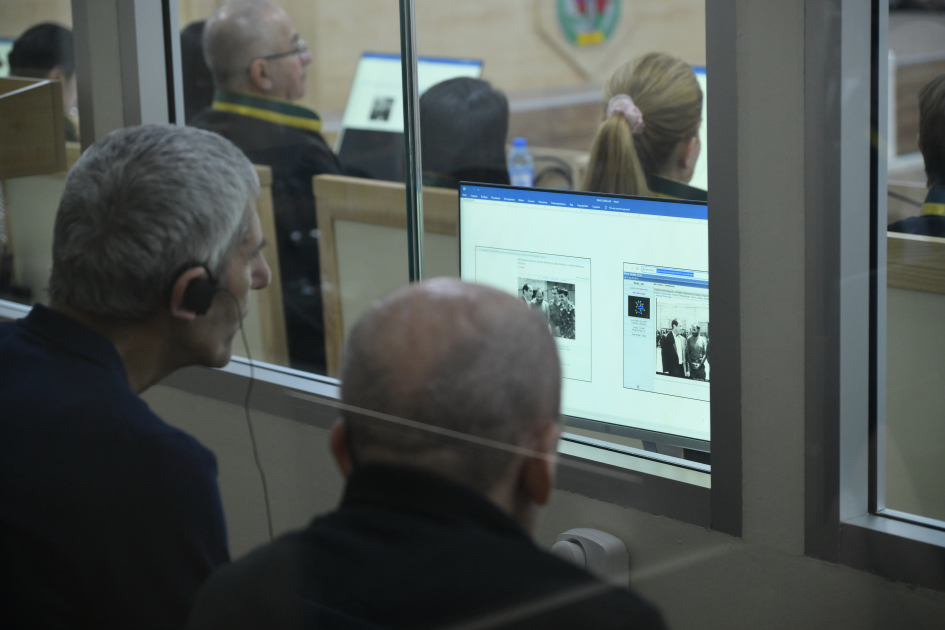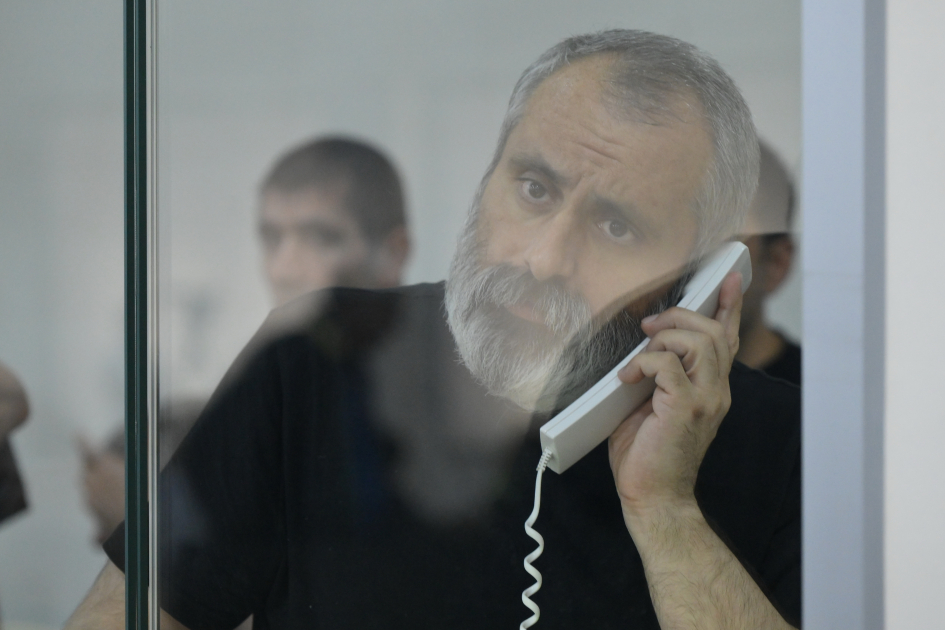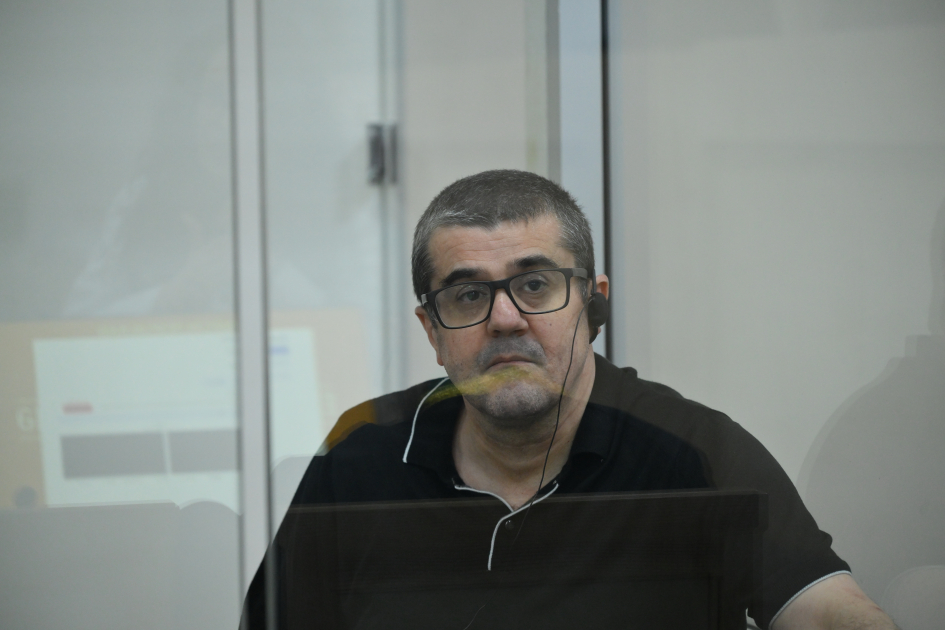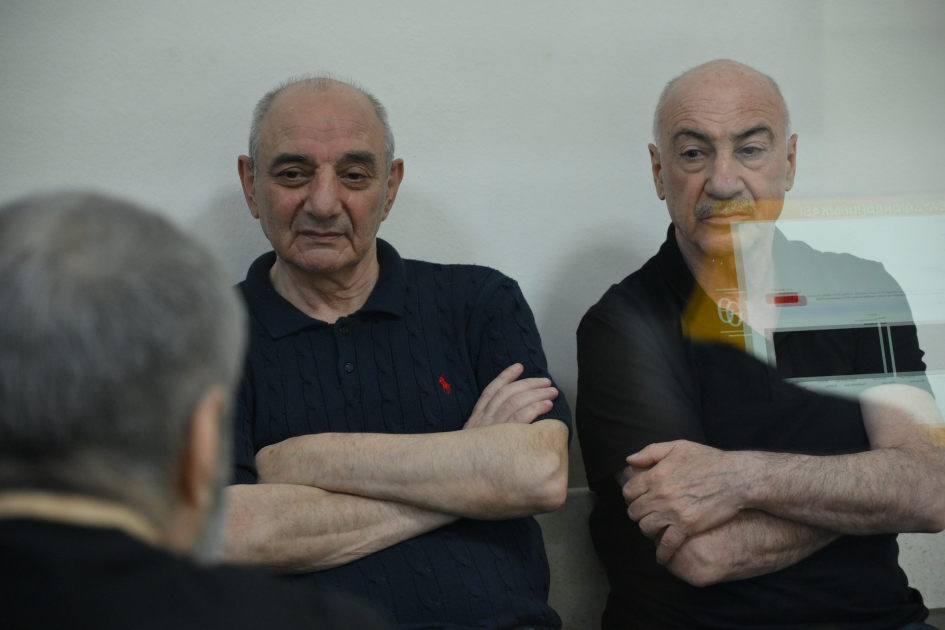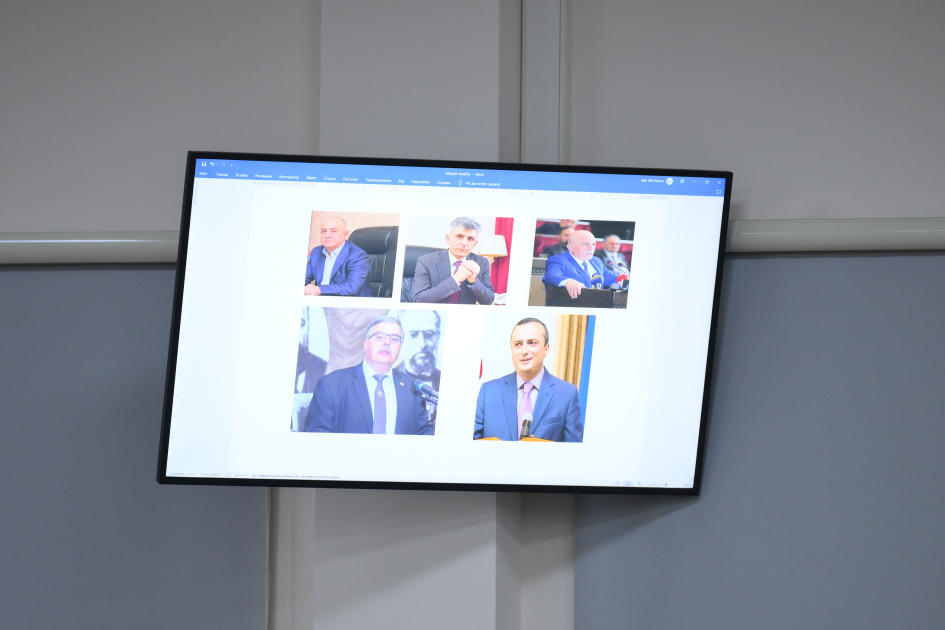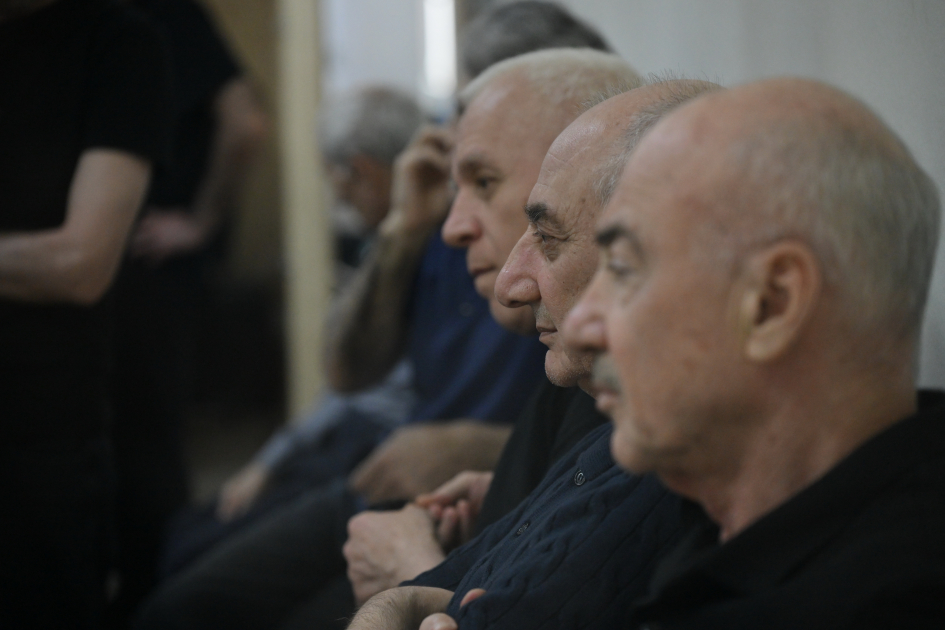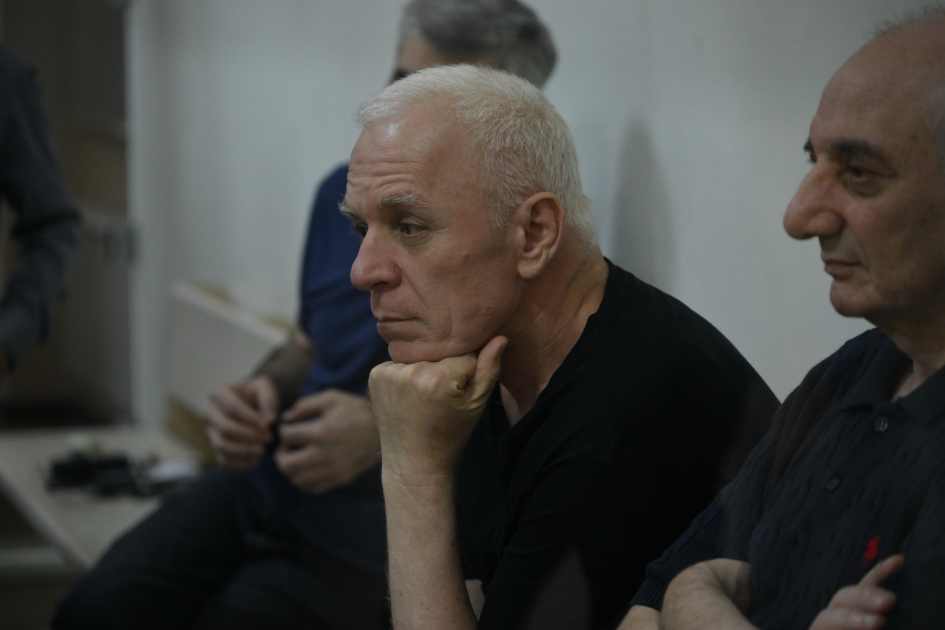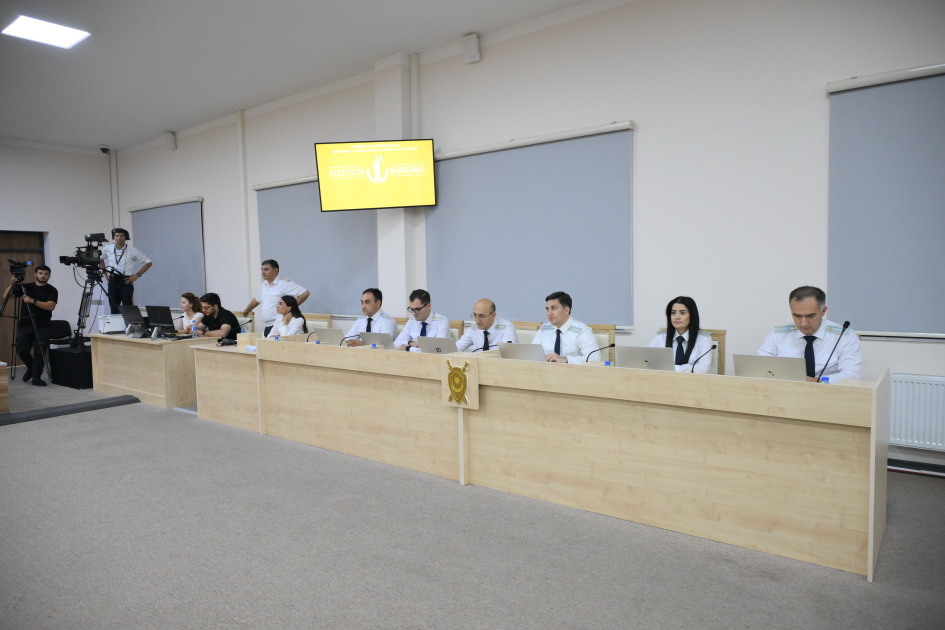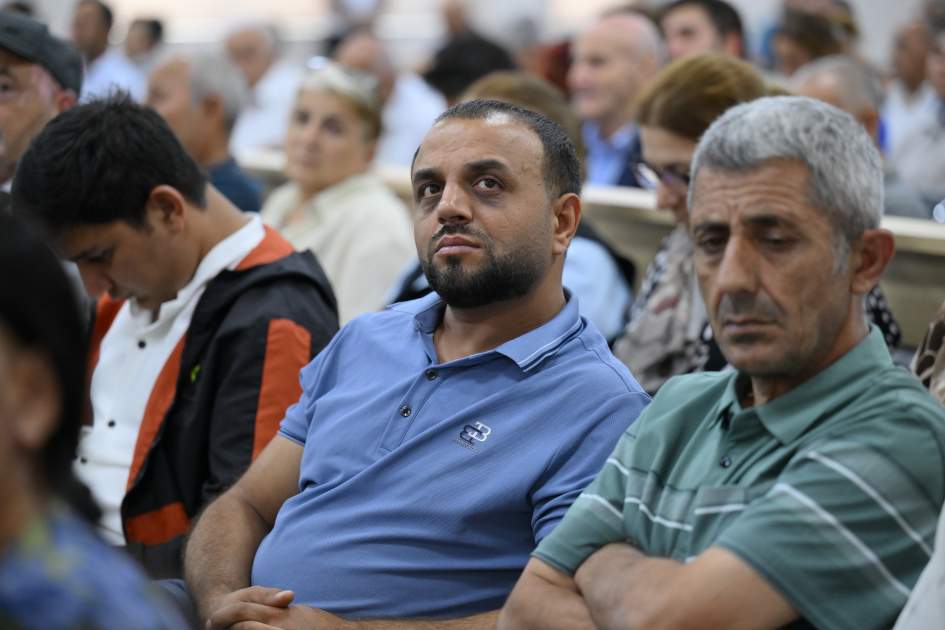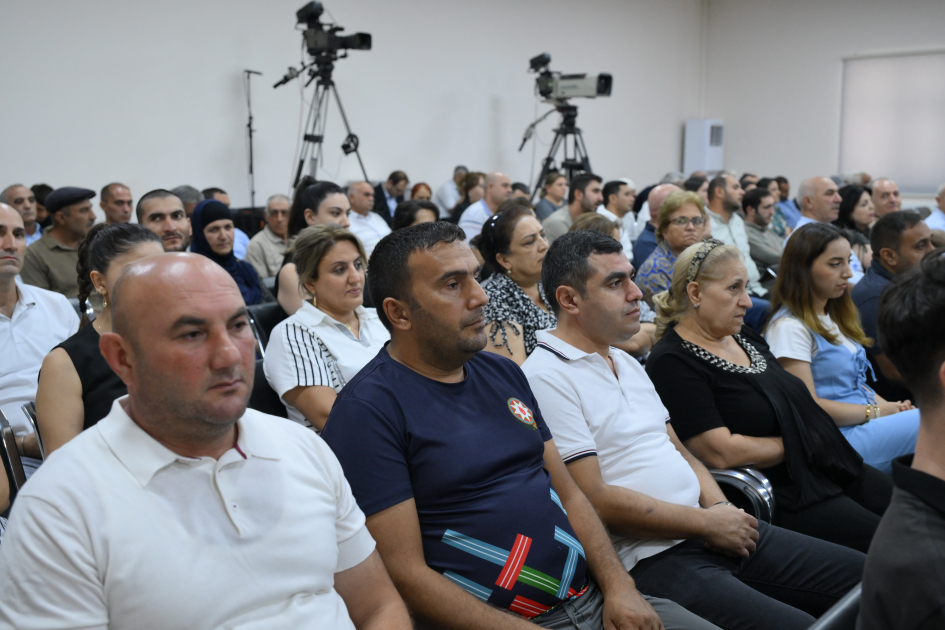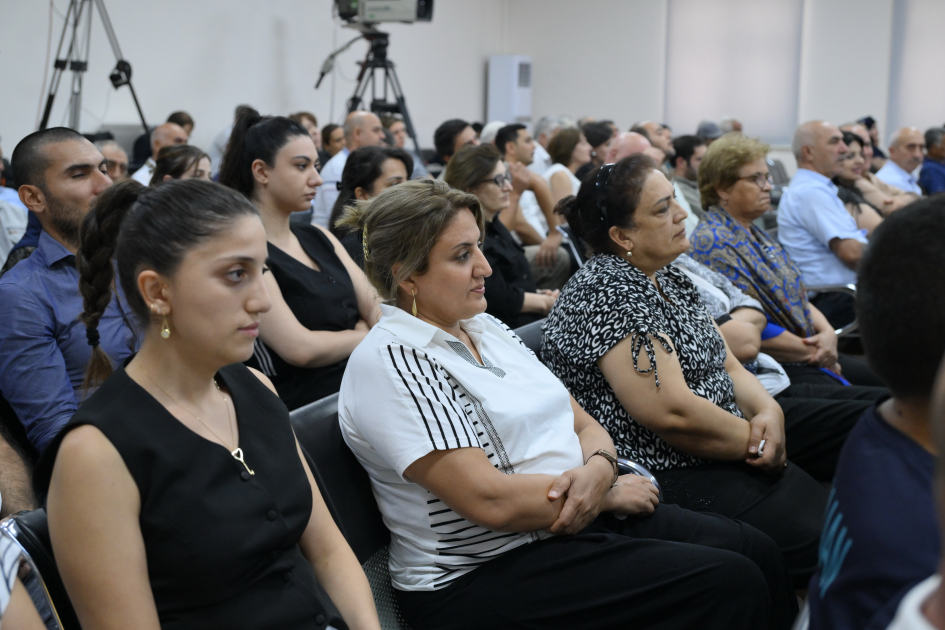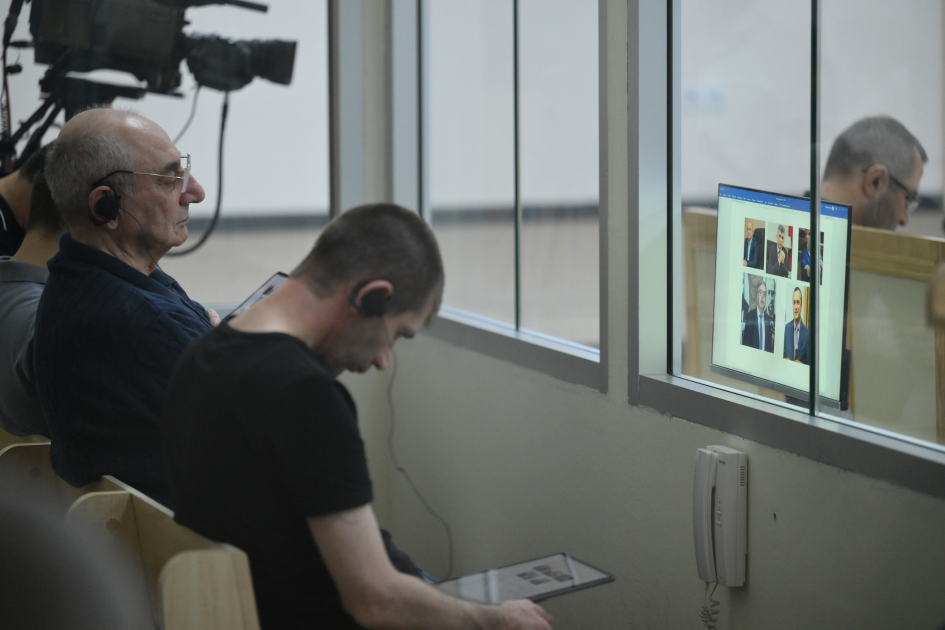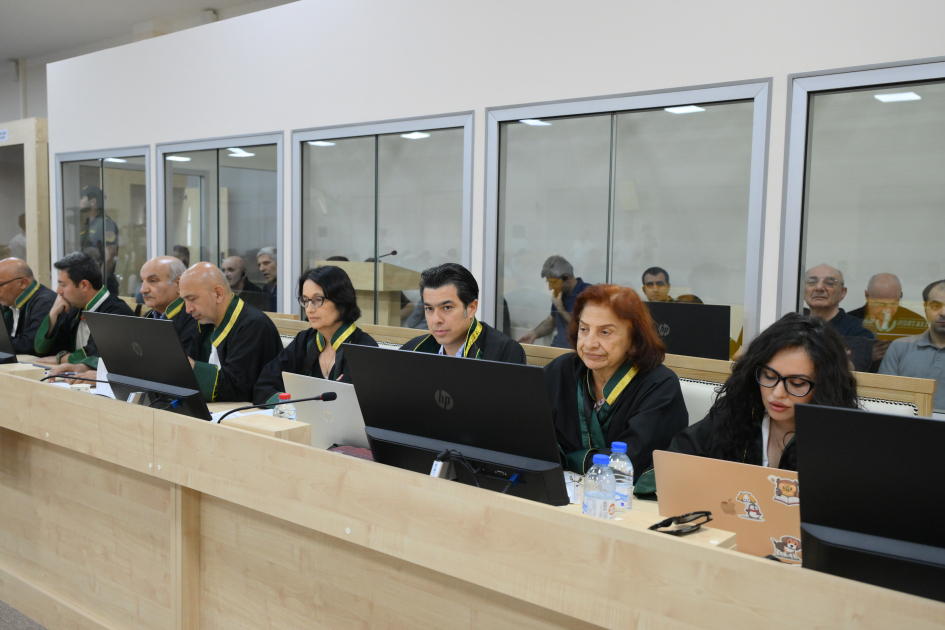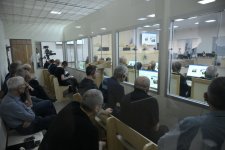BAKU, Azerbaijan, August 29. The open court hearing regarding the criminal cases against citizens of the Republic of Armenia, including Arayik Harutyunyan, Arkadi Gukasyan, Bako Sahakyan, Davit Ishkhanyan, David Babayan, Levon Mnatsakanyan, and others, accused of committing crimes against peace and humanity, war crimes, including the preparation and conduct of an aggressive war, genocide, violation of the laws and customs of war, as well as terrorism, financing terrorism, forcible seizure of power, its forcible retention, and numerous other crimes as a result of Armenia’s military aggression against Azerbaijan, continued on August 29, Trend reports.
The court session, held at the Baku Military Court under the chairmanship of Judge Zeynal Agayev, with Judges Jamal Ramazanov and Anar Rzayev (reserve judge Gunel Samadova), ensured that each defendant was provided with a translator in their preferred language and lawyers for their defense.
The session was attended by the defendants, their defense attorneys, some of the victims, their legal heirs and representatives, as well as prosecutors representing the state.
The court session proceeded with the announcement of the testimony given by defendant Bako Sahakyan during the preliminary investigation and other related documents.
In his testimony to the preliminary investigation, Sahakyan stated that he served as a chief of logistics staff of the “defense army” of the illegal regime in 1993-1995. According to the defendant, he has been involved in direct supply of the Armenian armed forces during the military operations since May 1994 when the ceasefire was announced.
Bako Sahakyan further emphasized that it was the Armenian Defense Ministry, which sent the “S-300” missile system to Shusha in 2015-2020.
The testimony also revealed that overall, the deployment of military supplies, equipment, and personnel during and after the 44-day Patriotic War, taking place in 2020, was provided under the directives of Armenia’s military-political leadership, funded from the state budget of Armenia.
Bako Sahakyan added that the Armenian Defense Ministry had supplied “the ministry of defense” of the so-called regime with military ammunition and other supplies.
During the hearing, defendant Garik Martirosyan’s lawyer addressed the court, requesting his participation at the hearing to be terminated due to medical treatment.
The judge inquired if the defendant had any objections regarding the request. Martirosyan stated he had no objection regarding the request.
By the court decision, the participation of the lawyer of the accused Garik Martirosyan in the trial was terminated.
The court adopted the decision of appointing new defender for the defendant, and sent it to the Bar Association of the Republic of Azerbaijan regarding its implementation.
Additionally, presiding judge Zeynal Aghayev stated that the lawyer of one of the victims (Nazrin Mammadli) informed that he would not be able to attend the court hearings due to family issues, therefore filling a request to terminate her participation in the criminal case.
Since there were no objections to the request, the lawyer's participation was terminated and a copy of the decision on the appointment of a new representative will be sent to the Bar Association.
Subsequently, the testimonies given by defendant David Babayan, during the preliminary investigation, along with other related documents, were presented.
The testimony revealed that David Babayan was appointed as a “presidential advisor” of the so-called regime in 2020, as a “foreign minister” in 2021, and as an “advisor to the president – a representative of the so-called regime on special assignments” in 2023.
According to him, the ammunition supplies to the illegal regime was sent solely by the Armenian Ministry of Defense from Armenia. The ammunition and other supplies were transported via the Gorus-Lachin-Khankendi, the Basarkechar-Kalbajar-Aghdara-Khankendi roads. The energy from hydroelectric power plants in the formerly occupied Azerbaijani territories, as well as grain and alcoholic beverages, were sold to Armenia. Moreover, alcoholic beverages were exported to many foreign countries from Armenia.
From 2007 to 2019, he travelled to various countries with Bako Sahakyan, participating in meetings as a representative of the so-called "Presidential Administration" of the regime and as an interpreter. The main purpose of the meetings was to ensure that Armenians living abroad provided financial assistance to Armenians living in the then occupied territories of Azerbaijan.
In his testimony, he emphasized that the mining of territories commenced in 1994 and was carried out by the "Ministry of Defense." However, he was unaware of the individual specifically responsible for ordering and leading this. He said that the activities of the so-called regime's "army" were carried out in an integrated manner with the activities of the Armenian armed forces.
In his testimony, he admitted to the fact of transporting all real estate, including buildings, that existed in all regions and cities, especially in Aghdam and Fuzuli, which were under occupation.
According to the materials of the criminal case read out in court, D. Babayan, during the 44-day war of 2020 and the subsequent periods, as a "representative of the leader" of the so-called regime, made a statement on internet resources on January 4, 2021, in which he stated: "We will never be part of Azerbaijan. We cannot live together in one state. This is impossible! We are doomed to live side by side as neighbours, there is no other way out. But I do not see the possibility of living with Azerbaijanis within one state, as part of the Azerbaijani state, because in such a situation, Artsakh simply will not exist."
The court proceedings will continue on September 1.
Fifteen defendants of Armenian origin are accused in the criminal case concerning numerous crimes committed during the aggressive war waged by the Armenian state - including the aforementioned criminal association - on the territory of Azerbaijan, in violation of domestic and international legal norms. These crimes were committed for the purpose of military aggression against Azerbaijan and were carried out under the direct leadership and participation of the Armenian state, officials of its state institutions, its armed forces, and illegal armed formations, through their written and verbal orders, instructions, and guidelines; material, technical, and personnel support; centralized management; as well as under strict control and under the leadership and direct or indirect participation of Robert Sedraki Kocharyan, Serzh Azati Sargsyan, Vazgen Mikaeli Manukyan, Vazgen Zaveni Sargsyan, Samvel Andraniki Babayan, Vitali Mikaeli Balasanyan, Zori Hayki Balayan, Seyran Musheghi Ohanyan, Arshavir Surenovich Garamyan, Monte Charles Melkonyan, and others.
The following individuals - Arayik Vladimiri Harutyunyan, Arkadi Arshaviri Ghukasyan, Bako Sahaki Sahakyan, Davit Rubeni Ishkhanyan, David Azatini Manukyan, Davit Klimi Babayan, Levon Henrikovich Mnatsakanyan, Vasili Ivani Beglaryan, Erik Roberti Ghazaryan, Davit Nelsoni Allahverdiyan, Gurgen Homeri Stepanyan, Levon Romiki Balayan, Madat Arakelovich Babayan, Garik Grigori Martirosyan, and Melikset Vladimiri Pashayan - are being charged under the following articles of the Criminal Code of the Republic of Azerbaijan: Article 100 (planning, preparing, initiating, and waging a war of aggression); Article 102 (attacking persons or organizations enjoying international protection); Article 103 (genocide); Article 105 (extermination of the population); Article 106 (enslavement); Article 107 (deportation or forced displacement of population); Article 109 (persecution); Article 110 (enforced disappearance of persons); Article 112 (deprivation of liberty contrary to international law); Article 113 (torture); Article 114 (mercenary service); Article 115 (violation of the laws and customs of warfare); Article 116 (violation of international humanitarian law during armed conflict); Article 118 (military robbery); Article 120 (intentional murder); Article 192 (illegal entrepreneurship); Article 214 (terrorism); Article 214-1 (financing terrorism); Article 218 (creation of a criminal organization); Article 228 (illegal acquisition, transfer, sale, storage, transportation, and possession of weapons, ammunition, explosives, and devices); Article 270-1 (acts threatening aviation security); Article 277 (assassination of a state official or public figure); Article 278 (forcible seizure and retention of power, forcible change of the constitutional structure of the state); Article 279 (creation of armed groups not provided for by law); and additional articles.

